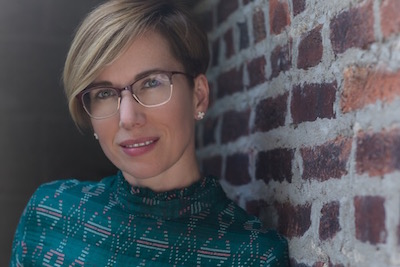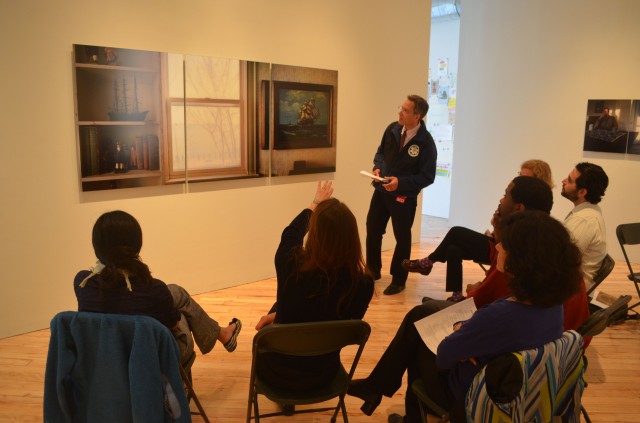Coaching for Organizations and Individuals
Alexa engages with organizations and with individuals across the spheres of arts and healthcare to support educational innovations and career development. A confidential process, we’ll partner over a set period of time as you move forward in your established goals, whether they be to develop or up-level courses and programs, catalyze audiences, or to gain confidence, tools and strategy in presenting arts benefits to audiences in the biomedical sciences.
Coaching is offered in singular sessions, or monthly.
Sliding scale available.
Coaching: Visual Thinking Strategies Facilitation
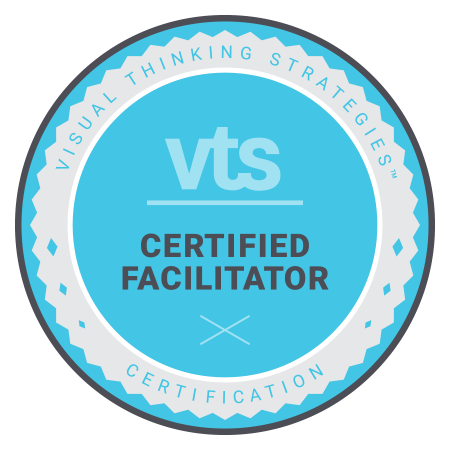
Faculty at Boston University School of Medicine learn VTS teaching tools to better address uncertainty with learners and to deepen partnership with area art museums.
TESTIMONIALS
“As we take our annual conference to the next level, conversations with Alexa helped us clarify our “why” as well as identify key learning opportunities we are positioned to offer our audience. Alexa’s deep understanding of medical doctors’ core creative purpose and positioning in a rapidly changing space has been a catalyzing force for DotMd’s expansion while staying connected to human curiosity.”
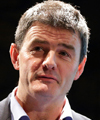
–Ronan Kavanaugh, M.D.
Rheumatologist, Organizer of DotMD, A festival of medical curiosity
“I contacted Alexa when I was at the preliminary stages of developing a course for Medicine students. She helped me get keenly focused on the learning objective and the specific ways in which students would appreciate art and culture as unique tool to be a better observer and listener. Most helpful was practicing VTS itself with Alexa. It was in coaching with Alexa that I got how to connect the micro-moves of my teaching and my word choice with the clinical situation of seeing a patient. This is my second year of “Signs and Symptoms in Art” course, and I am grateful for having done this work at the outset.”

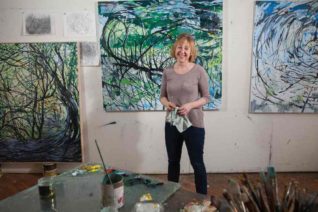
“Working with Alexa Miller was a catalytic moment in the process of developing The Art of Attending at the University of South Florida. Alexa saw vividly, and helped me and my colleagues to see, the uniqueness of our institution and the existing assets that we hadn’t yet fully leveraged to build enthusiasm for and investment in our project, particularly from faculty and administration. Rather than presuming to bring in answers from the outside, Alexa saw and nurtured everything that was unique and full of promise about us. In doing so, she demonstrated her own openness and creativity, which imbued her interactions with us, and her sweeping perspective on the field, which so improved our understanding of the broader context for our work.
Alexa was particularly adept at speaking to and resonating with faculty across fields, from medicine, nursing and public health to studio art, dance and museum education. Her conversations with us deepened our relationships with each other and left us with a lasting sense of shared mission and collaboration. She also made key practical suggestions that greatly improved how we worked together as teachers and how we supported students in reflecting on connections between art and clinical care.
Later, Alexa was an invaluable sounding board as we navigated the process of researching and publishing our work. She was also generous with advice about facing inevitable skepticism from some administrators and students, giving us the confidence not to fear such challenges.”
